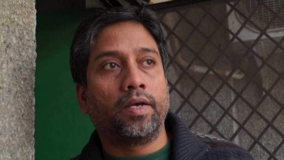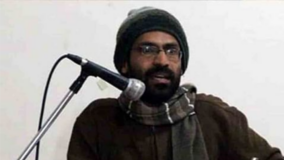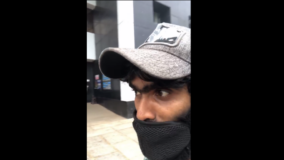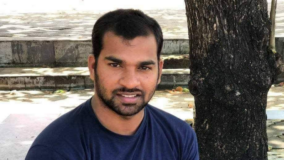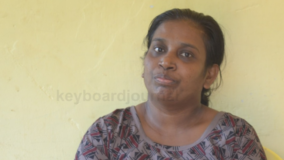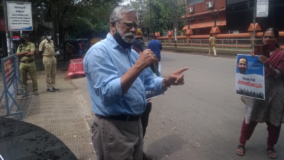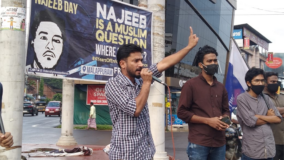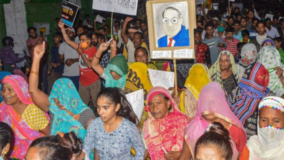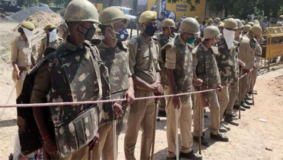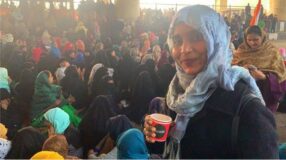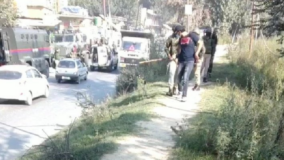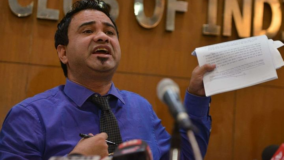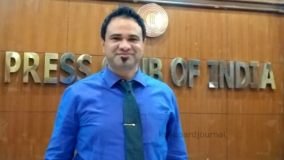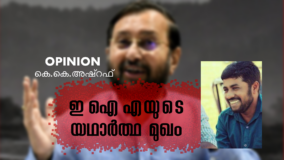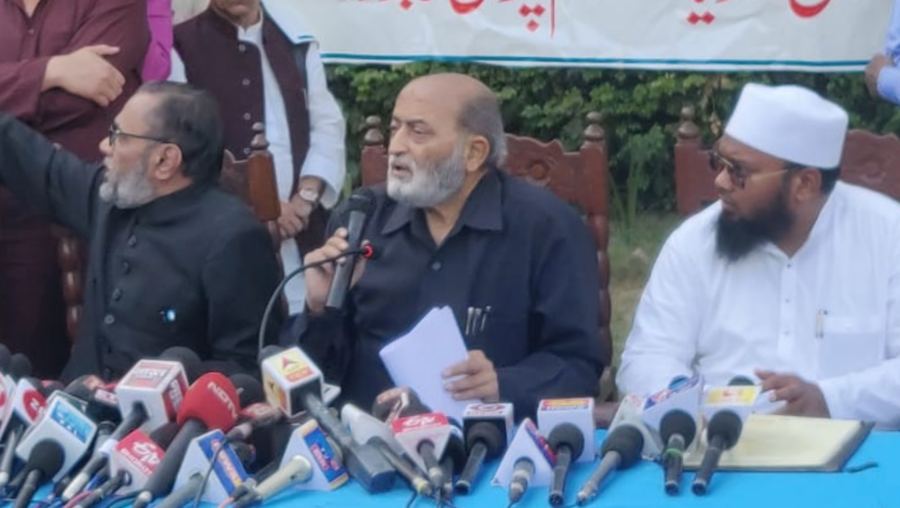
All India Muslim Personal Law Board declines to accept the 5 acres land for Masjid, will file a review petition
Refusing to accept the five acres land the Supreme Court suggested for building a Masjid in Ayodhya in its verdict on Babri Masjid case, the All India Muslim Personal Law Board decides to file a review petition challenging the Supreme Court verdict. AIMPLB in a public statement issued today stated that they “feel that the restitution by granting 5 acres land where fundamental values have been damaged to the extent of causing national shame, will not in any manner heal the wounds caused.”
Mosques are essential for religious practice of Muslims. Building the same Mosque at some other site in situations like this, is also not permissible as per Islamic Law. Though the apex court finds that there was no temple in the Babri Masjid land, it overpowered the secular ideals of the nation through its final judgment in the case, AIMPLB points out at a meeting held in Lucknow today.
Read the full statement of AIMPLB here,
The Supreme Court of India has passed final judgement decreeing the Suit (No. 5) of in favour of the temple for construction of new temple building at the site of Babri Masjid in Ayodhya. The suit filed by ten Muslim ( Suit No. 4) for the Masjid has been decreed by directing the allotment of a plot of land ad-measuring 5 acres to be handed over to Sunni Central Wakf Board to be allotted by Central Government out of 67 acres or by the State Government at a suitable prominent place in Ayodhya.
In the context of the guarantees under Places of Worship Act, 1991, the Supreme Court, in this judgement itself, has observed that the protection granted therein is to ensure and protect fundamental values of the Constitution and emphasize human dignity and fraternity, tolerance, respect and acceptance of equality of all religious faiths. The Muslim Community contested this litigation to ensure and secure the said fundamental values of the Constitution in relation to this case.
It is clear that the state has no religion and secularism is basic feature of the Constitution. Earlier the court’s judgements have recorded that the States actions were discriminatory against one religion favouring the other religion. In 1994, the Supreme Court has held that the Act of demolition of mosque in 1992 was a “national shame” and that it shook the faith of the minorities in the rule of law and the constitutional process. It is further stated that this failure amounted to betrayal meted out to the Muslim community at large. Even in the present judgement the Court has said that in the “night between 22/23 December 1949 the mosque was desecrated by installation of Hindu idols. The ouster of Muslim on that occasion was not through lawful authority but through an act which was calculated to deprive them of their place of worship”. The present judgement also records about the demolition of the Mosque in 1992, that the structure of mosque was brought down and the mosque was destroyed and it was a clear violation of Rule of law.
In the above background, where the fundamental values and spirit of the Constitution was dealt with by the state in the above manner, the Supreme Court has sought to balance the equity in the following words:
“…the Muslims were dispossessed upon the desecration of the Mosque on 22/23rd December 1949 which was ultimately destroyed on 6th December 1992. There was no abandonment of the Mosque by the Muslims. This court in the exercise of its powers under article 142 of the Constitution must ensure that a wrong committed must be remedied. Justice would not prevail if the court were to overlook the entitlement of the Muslims who have been deprived of the structure of the Mosque through means which should not have been employed in a secular nation committed to the Rule of Law. The Constitution postulates the equality of all faiths. Tolerance and mutual co-existence nourish the secular commitment of our nation and its people.”
By setting out the facts and reasons, the Court has directed that land ad-measuring 5 acres be allotted to Sunni Central Wakf Board.
We feel that the restitution by granting 5 acres land where fundamental values have been damaged to the extent of causing national shame, will not in any manner heal the wounds caused. Even otherwise the effect of this direction would amount to shifting the mosque from one place to another by judicial order without any provocation by the community, which always tried to protect this Mosque.
Mosques are essential for religious practice of Muslims. Building the same Mosque at some other site in situations like this, is also not permissible as per Islamic Law.
This entire dispute and the Suits were contested by local residents of Ayodhya, including one of litigants being Sunni Central Wakf Board, in the representative capacity of the community at large. All the litigants protecting Babri Masjid, including Sunni Wakf Board, have always reposed trust in our representative capacity for various issues of Muslims including the present one.In that capacity, we on behalf of the community at large, make it clear that the 5 acre land, as directed in the present judgement, will neither balance equity nor repair the damage caused in the country. Accordingly, on behalf of the Muslim community, we decline to accept the said 5 acres of land to be allotted in terms of judgement dated 09/ 11/2019.We also feel that Sunni Wakf Board shall give respect to this view of the community at large.
We expect, the system would recognize equal rights of the Muslim Community in various fields including for protection of our religious structures, graveyards, educational institutions and more importantly eviction and use of all the Wakf properties that have been unauthorizedly occupied by different people/entities including the government instrumentalities.
For and on behalf of
All India Muslim Personal Law Board


